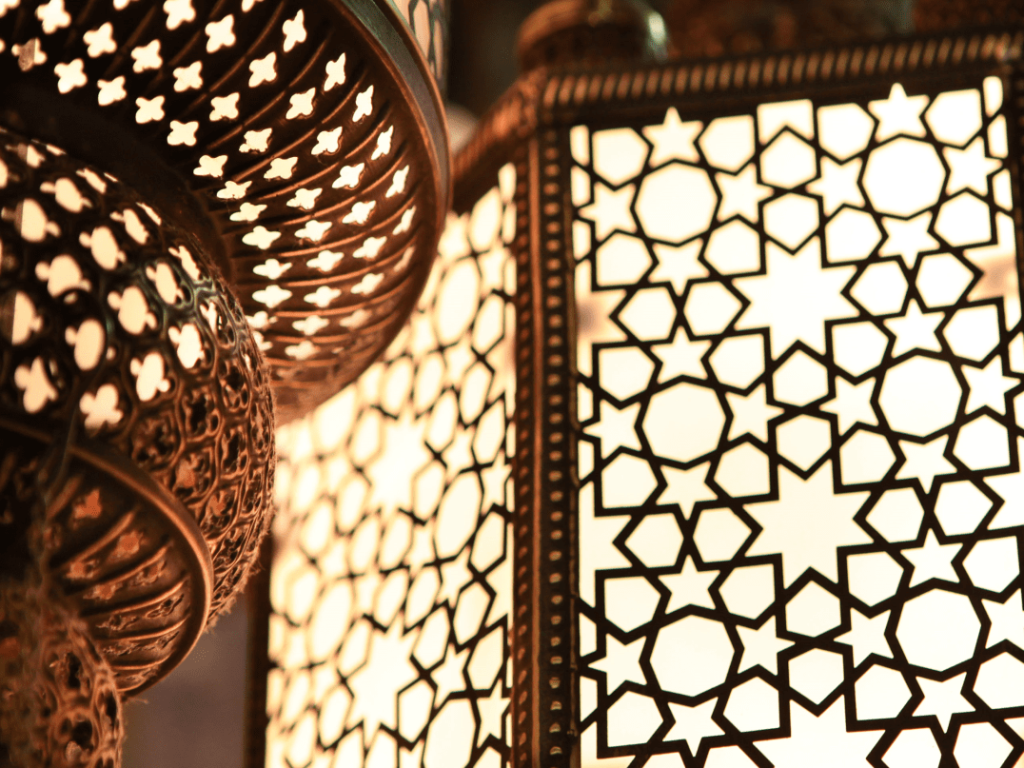Welcome, language enthusiasts and cultural explorers! Have you ever wondered about the profound significance of the Arabic language, not just for millions of native speakers, but for a global community and for one of the world’s major religions? The importance of Arabic language in Islam is undeniable, serving as the very foundation of faith. But beyond its religious ties, the importance of Arabic language in the modern world is rapidly growing. Arabic is a crucial language for global communication, business, and cultural understanding. Join us as we explore the multifaceted reasons for the importance of learning Arabic language in Islam and its ever-increasing relevance today.
The Sacred Heart: Importance of Arabic Language in Islam
For over 1.8 billion Muslims worldwide, Arabic holds unparalleled sacred status. It’s not just a language of communication but a direct link to the divine.
- The Language of the Quran: The most significant reason for the importance of Arabic language in Islam is its role as the language of the Holy Quran, the revealed word of God. Muslims believe the Quran to be miraculous and inimitable in its original Arabic form. Translations are considered interpretations of its meanings, but the Quran itself is understood and recited in Arabic.
- Example: Muslims recite the Quran during daily prayers (Salah), which are performed in Arabic, connecting believers globally through a unified linguistic prayer.
- Understanding Islamic Texts: Beyond the Quran, the vast body of Islamic scholarship, including Hadith (sayings and actions of Prophet Muhammad), Tafsir (Quranic exegesis), Fiqh (Islamic jurisprudence), and countless religious texts, are primarily written in Arabic. The importance of learning Arabic language in Islam allows direct access to these primary sources. This enables a deeper, nuanced understanding of faith without reliance on translations.
- Preserving Authenticity: Learning Arabic helps Muslims preserve the authenticity and original message of Islam. It allows them to engage directly with the foundational texts.
- Connection to Prophetic Tradition: Arabic was the language of Prophet Muhammad (peace be upon him). Understanding his words and teachings in their original form enhances spiritual connection.
- Unity of the Ummah: Arabic acts as a unifying linguistic bond for the global Muslim community (Ummah). It enables communication and a shared spiritual experience despite diverse nationalities and cultures.
A Global Bridge: Importance of Arabic Language in the Modern World
Beyond its religious significance, the importance of Arabic language in the modern world is expanding rapidly due to geopolitical, economic, and cultural factors.
- Global Reach: Arabic is one of the most widely spoken languages globally, with over 400 million native speakers across more than 20 countries in the Middle East and North Africa. This vast geographical spread makes it a key language for international communication.
- Official UN Language: Arabic is one of the six official languages of the United Nations, highlighting its crucial role in international diplomacy, political discourse, and global governance. It is also an official language in many other international organizations. A few examples would be the Arab League, the African Union, and the Organisation of Islamic Cooperation.
- Economic Opportunities: The Arab world boasts fast-growing economies and significant influence in global markets, particularly in energy, finance, and trade. Proficiency in Arabic opens doors to lucrative career opportunities in international business, diplomacy, journalism, education, and humanitarian work.
- Cultural Exchange: Learning Arabic provides direct access to a rich and ancient culture that has made immense contributions to science, philosophy, literature, art (especially calligraphy), and architecture. It fosters cross-cultural understanding and breaks down barriers.
- Media and Communication: Major international news networks like Al Jazeera and Al Arabiya broadcast in Arabic, making the language vital for anyone working in journalism, media, or communications who wants direct access to information from the region.
- Travel and Tourism: For travelers interested in exploring the historical sites, vibrant cities, and diverse landscapes of the Arab world, knowing Arabic significantly enhances the experience, allowing for deeper engagement with locals and a more authentic journey.
- Linguistic Influence: Arabic has historically influenced many languages, including Spanish, Portuguese, Turkish, and even English. Words like ‘algebra,’ ‘algorithm,’ ‘admiral,’ and ‘sugar’ have Arabic roots.
Why the Importance of Learning Arabic Language in Islam and Beyond is Growing
The combined religious, cultural, and modern-day relevance underscores the immense importance of learning Arabic language in Islam and its global context. For Muslims, it’s a spiritual necessity. For non-Muslims, it’s a strategic asset in a globally interconnected world.
- Deeper Faith: For Muslims, learning Arabic offers a direct path to understanding the Quran and Sunnah, strengthening their faith and practice.
- Career Advantage: In a competitive job market, Arabic proficiency provides a distinct advantage. This is important especially in fields related to international relations, security, business, and cultural exchange.
- Enhanced Worldview: It allows individuals to access diverse perspectives, engage with a rich cultural heritage, and gain a more nuanced understanding of global events.
Embracing the Arabic language is an investment that pays dividends in spiritual growth, professional opportunities, and a richer personal worldview. The importance of Arabic language in modern world continues to grow, making it a truly valuable language to acquire.
Ready to unlock this world of knowledge and connection? Visit www.kaleela.com and download the Kaleela Arabic learning app today! Our comprehensive lessons are designed to help non-native speakers master Arabic, from its sacred texts to its contemporary use, enriching your understanding of both the language and the diverse cultures it represents. Start your journey with Arabic today!



